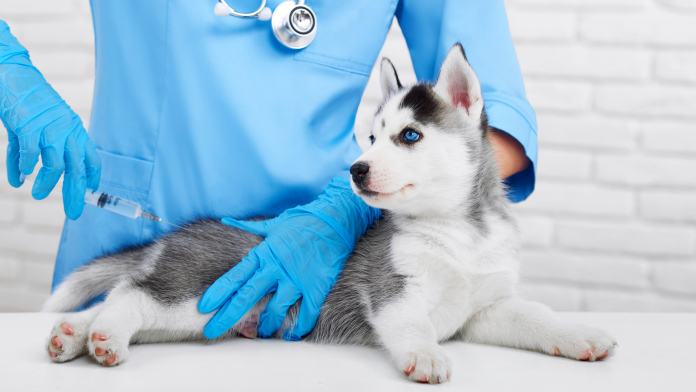AUBURN UNIVERSITY, Ala. – Almost always fatal, but easily preventable, rabies is a disease to which humans should always be alert. Transmission of the disease most often occurs through animals in the wild. Taking preventative measures against the disease is key to staying rabies free.
What is rabies?
A disease of the nervous system, rabies transmission is most common through saliva. After affecting the central nervous system, the disease is ultimately fatal.
Wesley Anderson, an Alabama Extension forestry and wildlife specialist, said the disease can infect most mammals, but some species are more prone to spreading it.
“Bats, skunks, raccoons and fox are some of the more common wildlife species to carry rabies,” Anderson said. “In Alabama, raccoons and bats are the most common.”
Symptoms
“Overall, the most common symptoms of rabies are similar, regardless of the species,” said Lauren Marks, veterinarian at Marks Animal Hospital in Gadsden, Alabama.
The main symptoms include the following:
- Hyperexcitability (overly responsive to outside stimulus)
- Salivation
- Nervousness
- Anxious behavior
- Sometimes incoordination as well as paralysis
Both Marks and Misty Edmondson, associate state veterinarian at Alabama Department of Agriculture and Industries, echo the importance of being proactive in prevention before these symptoms occur.
“Once these signs and symptoms of rabies appear, the disease is fatal in both animals and humans,” Marks said.
Prevention and treatment
“Once an animal is obviously rabid, there is no cure,” Anderson said. “Exposure to the disease, however, is treatable.”
For humans, there are pre-exposure vaccines that are situationally accessible. Most crucial to prevention, however, is vaccination of animals.
“The best protection we have against rabies is still vaccination of domestic animals,” Marks said. “The vaccine has proven to be the most effective means of disease control.”
Maintaining current vaccinations is a legal requirement for cats, dogs and ferrets. This is not a requirement of horses, though some owners choose to vaccinate due to the risk of exposure. Thousands of raccoons and coyotes actually receive rabies vaccines, as the United States Department of Agriculture distributes oral vaccines encased in bait across suitable wildlife habitat.
According to Anderson, the threat of rabies is a human health concern.
“By doing our part to stop the transmission from wildlife to our pets, we also decrease the chances of someone getting bitten by a rabid animal,” Anderson said.
For more information about rabies, its symptoms and its treatments, visit www.aces.edu.

































